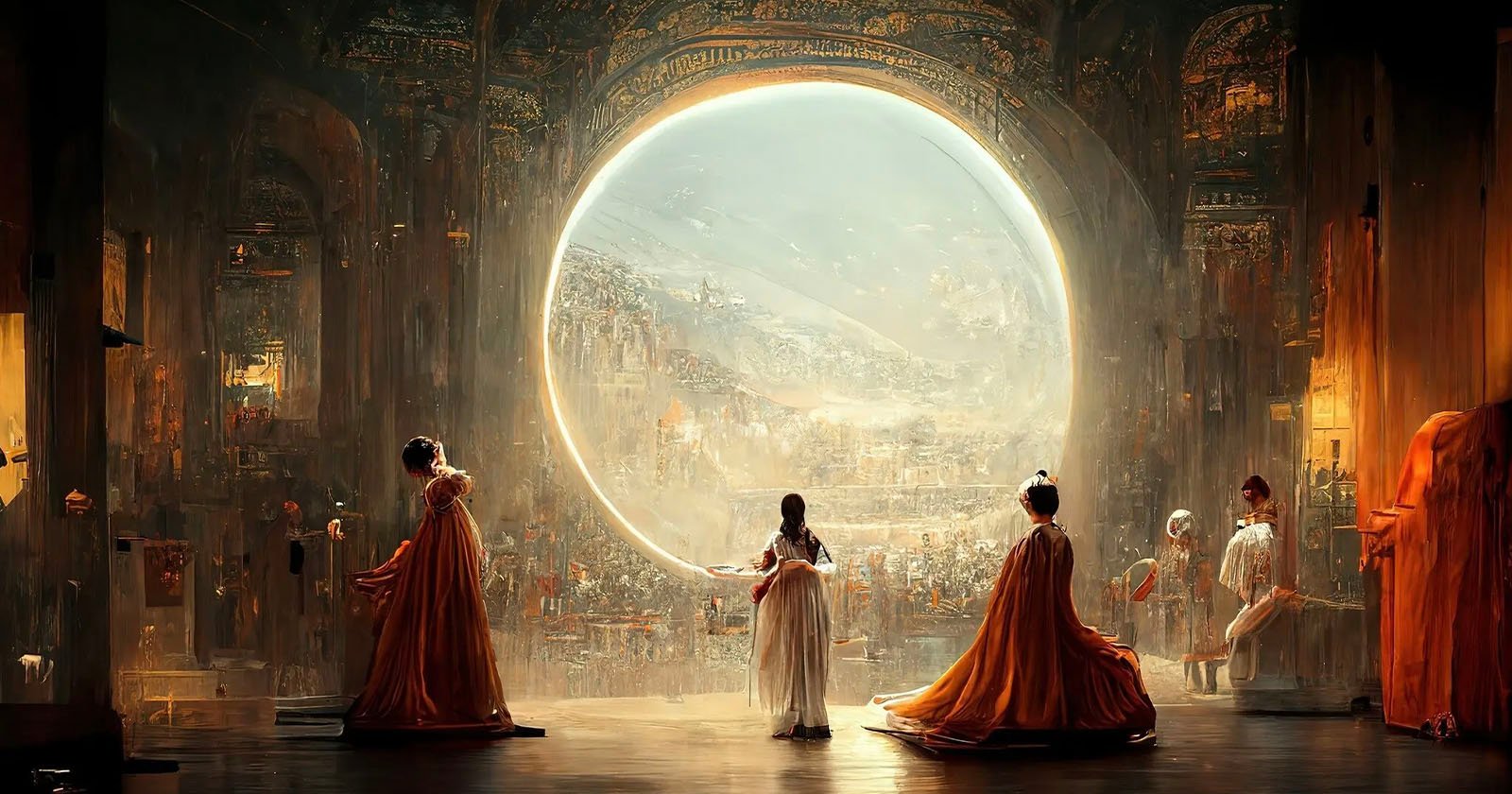An artist who infamously duped an art contest with an AI image is suing the U.S. Copyright Office over its refusal to register the image’s copyright.
In the lawsuit, Jason M. Allen asks a Colorado federal court to reverse the Copyright Office’s decision on his artwork Theatre D’opera Spatialbecause it was an expression of his creativity.
Reuters says the Copyright Office refused to comment on the case while Allen in a statement complains that the office’s decision “put me in a terrible position, with no recourse against others who are blatantly and repeatedly stealing my work.”



Is the diction of the buyer to the artist in the final paragraph of your argument make the painting a novel? You have you answer.
Yes, companies can copyright specific pigments, but that doesn’t give them ownership over the paintings created by them, only protect for their own IP vis-à-vis the pigments. In the same way, the company that created the LLM may protect their work but hold no ownership on the art it produces.
Who drew the art is of no import when the artist isn’t a sentient lifeform. By your definition, a photographer cannot own a picture because the camera captured it.
No, you cannot copyright a pigment. Companies can use colors as trademarks, but that just means that competitors can’t use the color in a way that would confuse customers. For example, you can’t start a courier service with vans that are the same color as UPS vans, because that might confuse customers.
You are still free to use that color in ways that are unrelated to UPS, for instance as an eye shadow.
Patents are another matter entirely. You don’t patent the color, but you might be able to patent the media (e.g. a new formula for quick drying paint).
What does the company protect here? The system, or the model? Which the latter being ill-gotten by scraping already copyrighted content?
It was an allegory. The supposed artist is the commissioner and the LLM being the artist. And since you can’t copyright something you didn’t made, well tough luck getting copyright on AI slop.
No, because as a photographer you hold the tool in your hand. You can adjust everything, even the subject. And its all in your own control and it takes your skill in managing it to shoot the perfect photo.
If we would take your interpretation of my definition, then nobody can own anything since they always have to use a tool to create something.
It’s a good analogy but one thing to consider is that the artist is the copyright holder.
The company that directed it only has the copyright either by explicit contract transferring rights or because it’s a work for hire where the employee’s copyright work is “automatically” transferred to their employer.
Some interesting case law on that from Disney artists, comic book authors, etc
https://copyright.gov/circs/circ30.pdf
That depends on what is proprietary to the company. If they have created the system and the model, then both.
That is a highly subjective point of view. Let’s look at music. If a musician loses their arms and can no longer play an instrument, but instead dictates the chords to someone else to play, who is the artist? Who can claim ownership of the piece?
Spoken like someone who has never used an LLM before and thinks it magically produces exactly what you want on the first time, every time.
No, that’s everyone else’s argument. Mine is that the tool is the LLM, and that when art is created with it, it should be open to copyright.
Then that musician becomes the composer who can copyright the sheet music. The one who plays the chords becomes the performing artist and can copyright the performance.
I have used LLMs extensively, several versions and types. I know how that shit works. And no I do not think that its results are deterministic and accurate.
The LLM is the “artist” as it produces the image. And you can’t claim copyright for someone else.
That is if they actually composed the music. In the case of someone saying I want a song that is ABAG, and they ask that it be written down because they cannot write it down themselves, the person who writes down ABAG isn’t the composer, they are an extension of the pen that writes the note–they have become a tool.
The LLM gives you what you ask for based on a random seed and keywords in your prompt. It has no will of it’s own. It cannot exert its will over the image. It simply outputs. As I’ve said in another part of this thread, if I tie a bucket of paint with hole to a rope and sling the bucket of paint over a canvas, does the bucket of paint get credit for being the artist? Does the rope? No. They had no will. Even though my input was minimal, and the results most assuredly random, I am still the artist by all accounts, and as such may copyright my random sprays of paint should I deem them worthy. My intent has created the art–my desire. The machine cannot create because it cannot exert its will. It simply does what it is asked and outputs.
Then we are again in a commissioner situation. The guy who commissioned a composer to write them a song according to their specifications.
In regards to your bucket of paint.
That’s an art installation which you can copyright. The resulting artwork on the canvas can’t be.
Do you have anything to back that up?
Threshold of Originality.
Damien Hirst and Jackson Pollock would like to have a word with you.